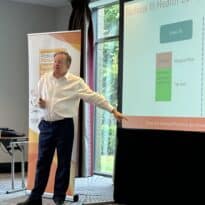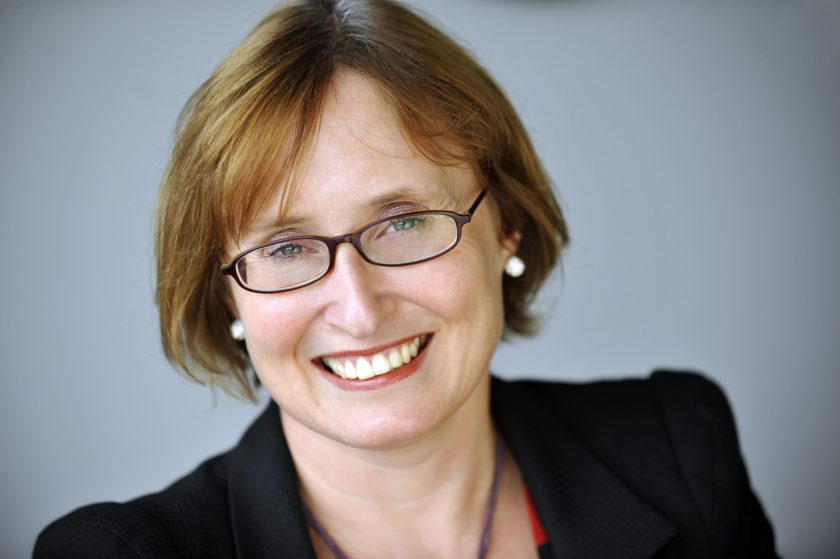Advice firms should do more to help female clients save for retirement, as research from Aegon shows more than a third of women have no idea how much they have saved in pensions, double the number of men.
According to the figures, 34% of women don’t know their pension savings, compared to 16% of men. Women are also more likely (40%) than men (32%) to have never estimated their income needs for retirement.
Worryingly, the number of women without a pension has nearly doubled from 7% in 2017 to 13%.
Aegon said the numbers were as a result of a lack of pensions awareness among women and auto-enrolment criteria, which is more likely to exclude women from saving for retirement in the workplace.
Kate Smith, head of pensions, Aegon, said: “It’s hugely disappointing to see that despite the attention being given to addressing the gender pay gap, this increased awareness does not seem to have inspired women to show more interest in their pensions. Knowledge is key to helping solve the gender pension gap so it’s really worrying to see that more than a third of women remain in the dark about what they have saved for retirement, if anything at all.”
She continued: “Auto-enrolment needs to be more inclusive to include lower earners, who are disproportionately female. A solution needs to be found for individuals with multiple jobs, each below £10,000 allowing them to benefit automatically from an employer contribution. This will help to close the gender pension gap.”
To help female clients save for retirement, advisers should ensure they don’t opt out of their workplace pension scheme and should do what is necessary to maximise employer contributions. Self-employed women should be encouraged to set up a personal pension and aim to pay regular contributions into it.
A retirement plan, outlining goals and how to achieve them, is the first step to getting plans on track. Female clients should review how their pension pot is invested, as well as research their retirement income options. They would benefit from receiving a state pension forecast and fill in any national insurance gaps to maximise their state pension.
Those who have take maternity leave or time out of work as a carer should also try to make up the pension shortfall and discuss with their partner their combined pension savings.
“It’s important for women to take charge of their pension by regularly reviewing their contributions, fund choices and how much they have saved,” Smith added.


































